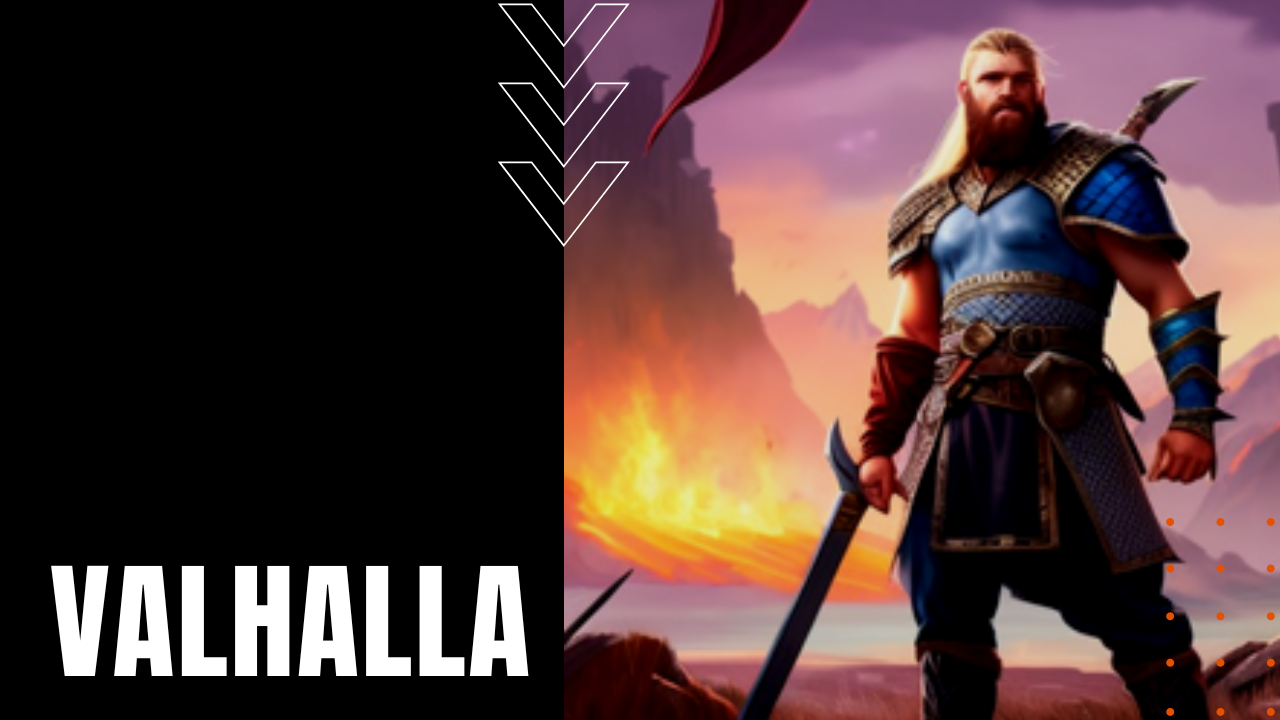Valhalla: Viking Warrior’s Glorious Afterlife

From the late 8th century to the late 11th century, Vikings or Norsemen sailed from present-day Denmark, Norway and Sweden, raiding, pirating, trading and settling throughout large parts of Europe, while making bold seafaring voyages as far afield as the Mediterranean, North Africa, the Middle East and North America. Despite a shared language of Old Norse, Vikings lacked any common bond of
Pagan Religion
lineage or nationalistic patriotism, and while Vikings lacked the Christian focus of the Europeans they invaded, their uninvited incursions had a profound impact on the early medieval histories of Scandinavia, Great Britain, France and Eastern Europe. But what drove Viking warriors in a death cult of bravery was not so much the spoils of war, but their beliefs in Valhalla, which was a well-storied afterlife much like Christianity’s interpretation of heaven or Islam’s belief in eternity, as framed within the six articles of faith.
Viking Mythology
Recorded in poems, songs and stories, according to Viking mythology, when a warrior died in battle, the war-god Odin hand picked the most valorous to live with him at his home in Asgard, housed in Odin’s mythical hall named Valhalla, which was a grand structure made of spear shafts for walls and war shields for a roof. In the Viking mindset, battles were not determined by military might or prowess, but by the
Odin’s Mythical Valhalla
selective agency of Valkyries, which were supernatural women who led chosen dead heroes, known as einherjar, to Odin’s mythical Valhalla. Much like the notions of Armageddon or the biblical end-times recorded in the Book of Revelation, dead warriors at Valhalla continued to practice their warfare skills on a daily basis, in preparation for the cataclysmic battle of Ragnarok, when the gods and their chosen einherjar would march out to fight the frost giants and the fire giants, the trolls and the monsters.
Viking End Time of Ragnarok
On the day of Ragnarok, 800 einherjar would exit from each of Valhalla’s 540 doors, and while the ensuing battle would result in the predetermined death of the gods, those einherjar slain at the battle of Ragnarok would soon be resurrected into eternity, allowing a Viking warrior to continue his earthly career in a never-ending afterlife, making the mythologies of Valhalla, a reassuring promise for marauding Vikings everywhere.
